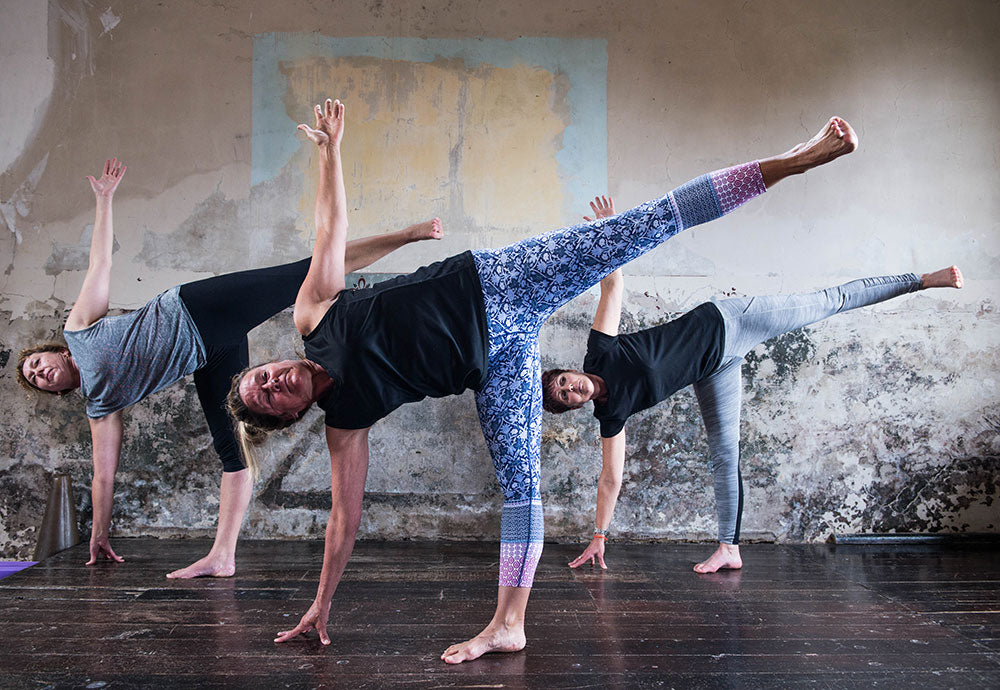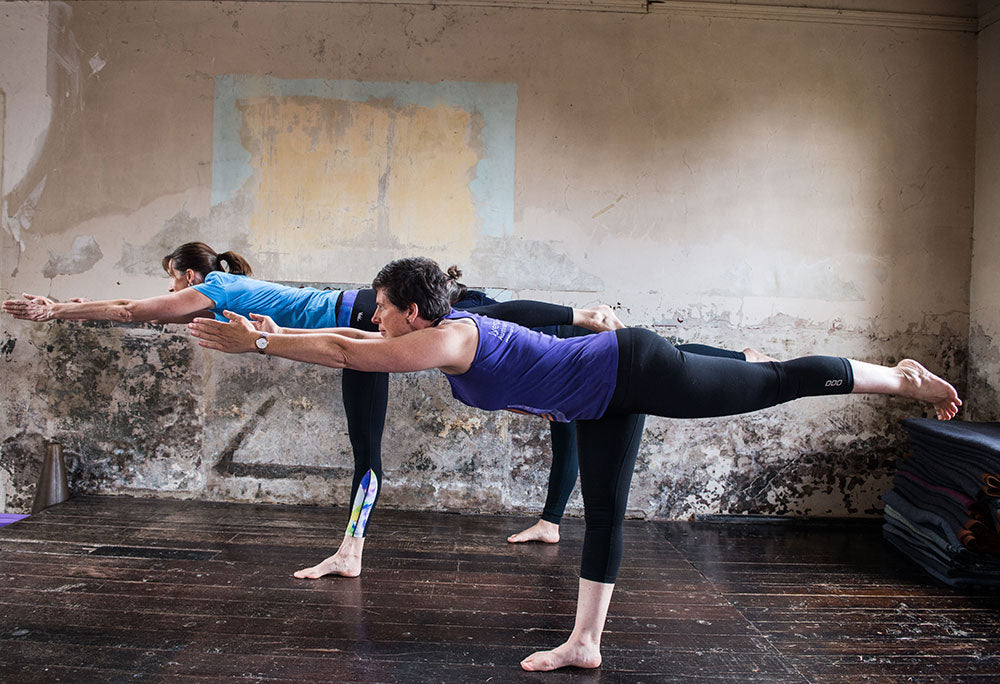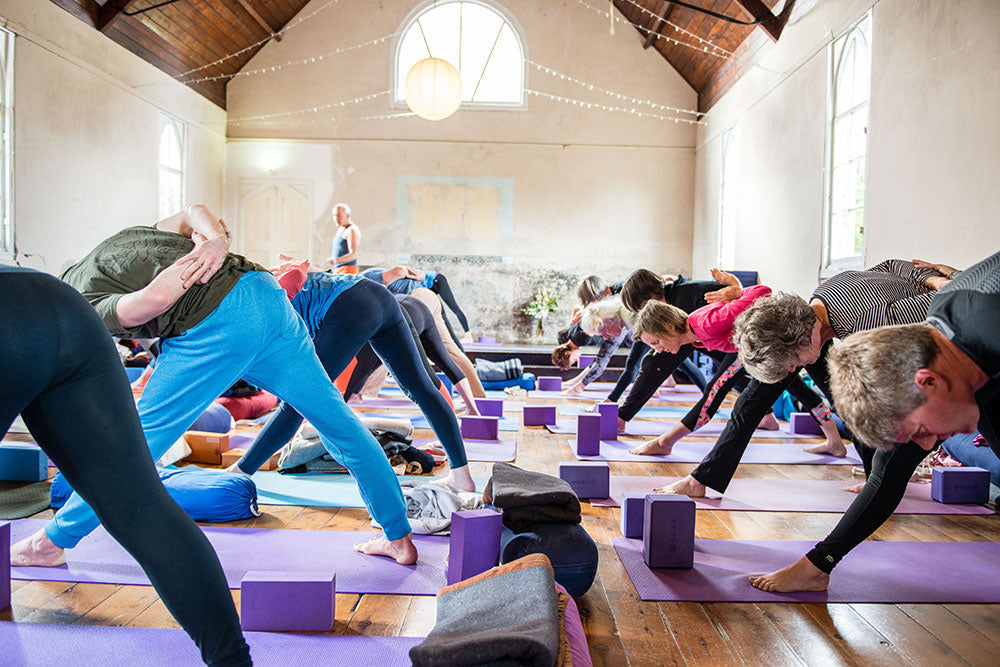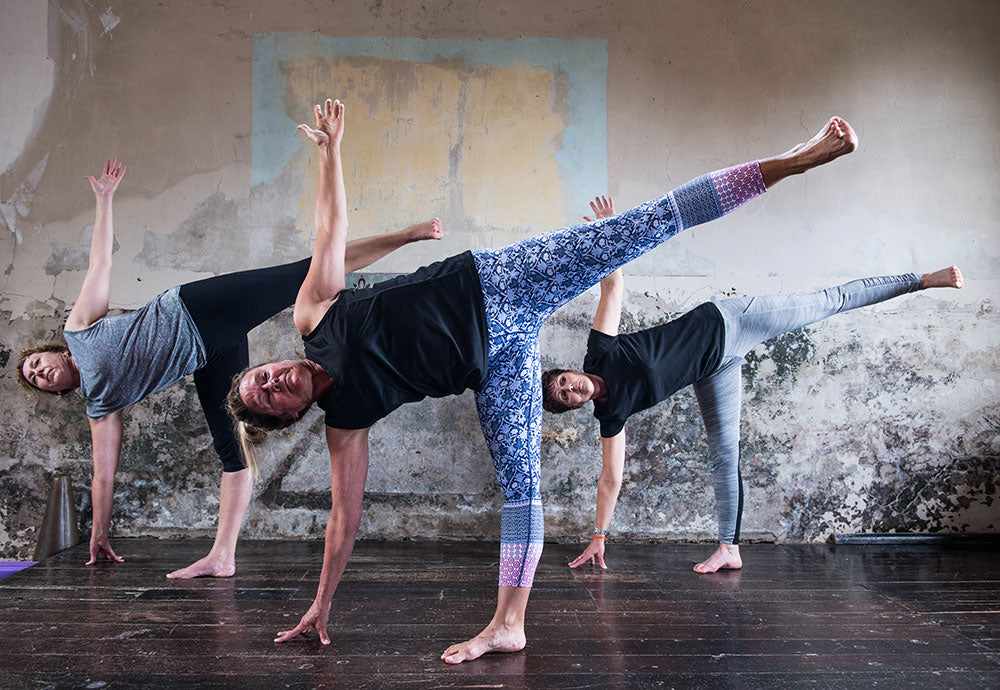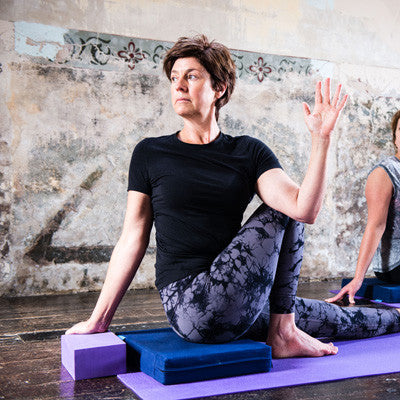
Philosophy Term 2 2021 - The Klesas
Obstacles
Life is never predictable, and sometimes not easy. I really feel that having a regular yoga practice helps us to keep a healthy perspective on our place in the world. It is said that 'yoga cleanses the lenses of perception'. How we perceive or see the world, our reality, has an effect on how we react, what actions we take, and the consequences of those actions. Obstacles are a breeding ground for tendencies, but they are also an opportunity for reflection and change. Below you can read about the Klesas, which are often translated as afflictions or personal obstacles.
The Klesas
Each term we teach an aspect of Yoga philisophy. This is integrated into the classes and it may involve a quote, explanation from the teacher or instruction. This term we are looking at The Klesas. The Klesas are translated as afflictions, pain, obstacles, distress or disturbances. They are internal objects that arise in our minds and cause us suffering. The five Klesas are:
Avidya - Lack of knowledge or insight, or ignorance
Asmita - selfishness, or over-identifying with the ego
Raga - attachment
Dvesha - aversion or avoidance
Abhinivesha - fear.
Patanjali writes about the Klesas in the second chapter of the Yoga Sutras.
'Obstacles (Klesas) are the breeding ground for tendencies (samskaras) that give rise to actions and the consequences (karma) thereof. Such obstacles are experienced as visible or invisible obstacles'.
Yoga Sutra 2.12
In our western culture, the Klesas can seem a little moralistic but the principles are very useful. I think a productive way to approach the Klesas is to think of them as obstacles that give rise to traits or tendencies to examine within ourselves. The Klesas require self-examination, or self-study (Svadhaya). If you have a regular yoga practice you will already be working closely with Svadhaya, but most people only start to look deeper into themselves when things go wrong in life. For example, the break up of a relationship, loss of employment, or financial devastation forces us to stop and take stock. These obstacles that we inevitably encounter in life, present the opportunity to look at our actions, habits, ideas of ourselves, and how we move through the world. As Marcus Aurelius pointed out, the obstacle becomes the way. It is the catalyst for a journey from the self to the true Self. In this sense, the Klesas are opportunities as much as obstacles. When we are aware, we realise that change is part of life and fighting it is where suffering arises.
By stepping onto the mat to practice each day we encounter lack of knowledge, we get attached to ways of practising, there are poses we despise, and poses we are afraid of. A practice can be a microcosm in which to examine ourselves and the Klesas so that we gain clarity. If an obstacle shows up, we can look at it from different perspectives, with less fear, and move forward without being attached to the present situation or the outcome. We can sit in the uncomfortable space of change. Let's look at the first Klesa, Avidya.
Avidya is the source of most Klesas, which is why it's one of the most important ones we need to face. An example of Avidya is when we think negative emotions will last forever. We're not able to see the temporary nature of negative emotions, and we are unable to see the true nature of ourselves. This causes pain and suffering. When things don't go the way we expect, it causes us pain. We are unable to see something for what it is, or what it's not.
Asmita puts the ego on a pedestal and values material possessions more than anything else. It's when we believe our individual 'self' is separate from everything around us. All that matters is how 'I' perceive something or how it affects 'me'. We may take things personally and need our ego constantly 'stroked' to be happy.
Raga is the attachment to our desires. It often means our happiness depends on external factors. So what happens when those external factors are taken away? Because we are afraid of this, we create stronger attachments, which can eventually create insecurity, anxiety and fear.
Dvesa is aversion or avoiding things that cause unhappiness. As humans we are always moving towards pleasure or away from pain. Anything that threatens the ego, we tend to avoid. Unfortunately, we can't avoid everything that doesn't make us happy. Going to the dentist is usually not a particularly happy experience!
Abhinivesa is the fear or anxiety of change, and ultimately fear of death. We fear death because we fear losing everything and not being able to control what we are facing. We fear change because we have to let go of certainty and the old way of being. Letting go ultimately creates the space for new things to come into our lives, but first we must let go of fear and stare uncertainty in the face. We have to let go of everything we are attached to and live life as it unfolds.
